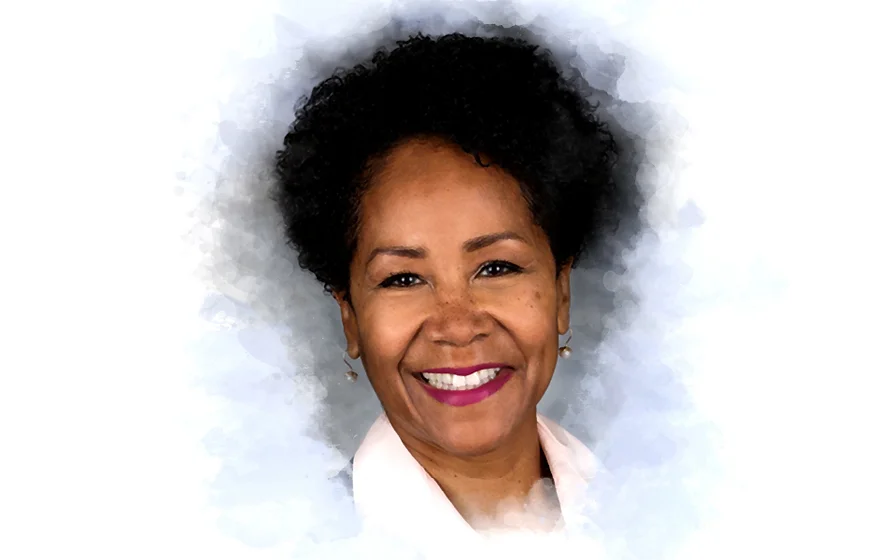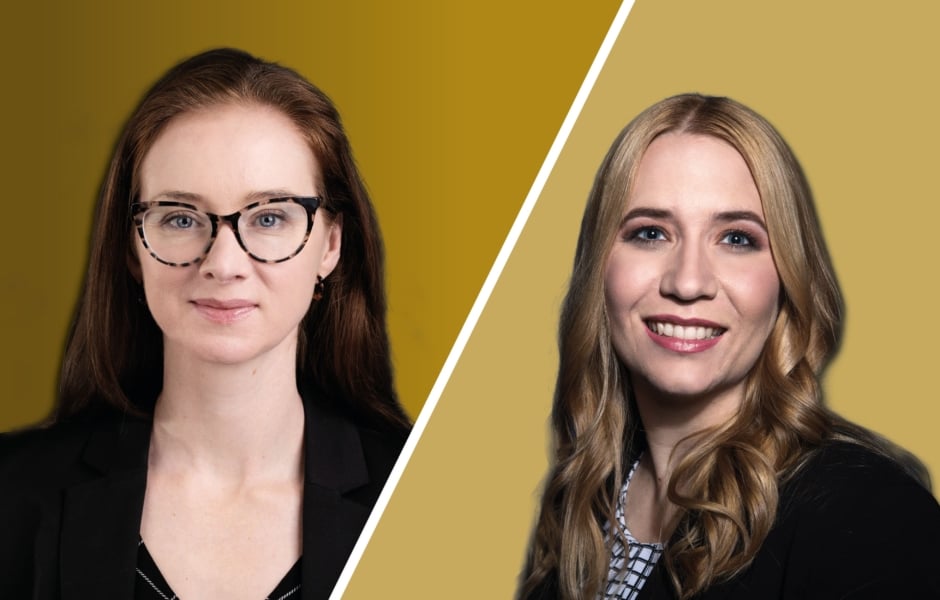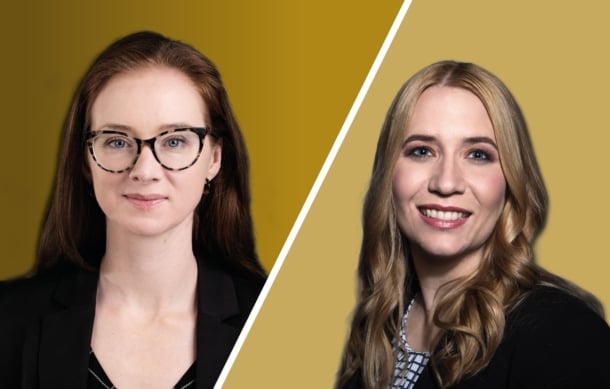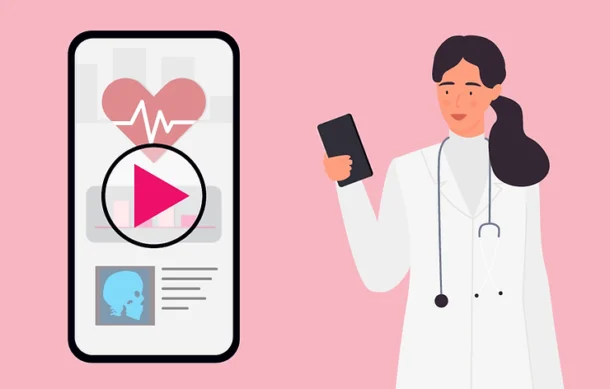Dr Terri L. Phillips is the Vice President and Head Global Medical Affairs at Merz. Terri spoke to us about championing women in the workplace, her experience in the US army medical corps, and the changing nature of medical affairs.
It was very important that I aligned myself with a company that champions equality in the workplace
As an advocate for gender parity in the pharmaceutical industry, how valuable do you think mentorship and role models are for young women starting out their careers?
We have an opportunity to move beyond supporting women, to actually championing women in our organisations and networks. The way we can do this is to affirm their comments in meetings and recruit them to our teams and companies so that when we walk the walk, we actually see some real change. I think we can all agree that mentoring is a crucial part of professional development, especially for women in STEM. At Merz, we’ve created the Women’s Leadership Network, which gives the women in our organisation the opportunity to attend important networking events and form mentoring relationships. It is a great benefit to have a formal programme, but I would say that informal mentoring can be just as powerful, and I’ve had both women and men reach out to me and engage on a daily basis: we can bounce ideas off one another, I answer questions, or sometimes just listen to them.
Merz states that 50% of its management positions are filled by women: a much higher rate than the industry average. How important was it for you to align yourself with a company that champions equality in the workplace?
As a professional and a mother of three daughters, it was very important that I aligned myself with a company that champions equality in the workplace. When I was coming up through the ranks as a young physician, and even as I transitioned into corporate leadership, it was rare to find myself in a room with another executive woman, especially a woman of colour. It was even more uncommon to encounter women leaders who were also raising a family like I was at the time, and so the absence of anyone who could relate to my own circumstances was a challenge. I realise that when women don’t see other women like them, it creates an invisible barrier.
It is important that we are visible so that the next generation of women can see a path forward and identify positively with leaders who are ahead of them. I am really proud to say that here at Merz, 50% of those in management positions are women. As a family owned company, it has always been an important part of our DNA to create a culture that empowers all our employees to succeed, regardless of gender.
How has your 14 years’ experience in the US Army Medical Corps helped you during your career in pharma?
I am proud of the service that I had with the US army. I received a scholarship from the Army Medical Corps to attend medical school and my father had previously served in the Army Dental Corps, so I was familiar with that path. After medical school, I served for 14 years in the Med Corps and was the officer in charge of the newborn nursery at Fort Campbell, Kentucky: the home of the 101st Airborne.
The military is probably the world’s largest corporation and there are many analogies to the pharmaceutical industry, including the need to execute strategy while remaining nimble enough to respond to a rapidly changing external environment. There’s also the need for clarity of roles and responsibilities, allowing people, wherever they are deployed around the world, to collectively pivot towards a new direction, with minimal disruption to the organisation. The third thing that is relevant to both industries is the need to operate and engage on a global platform. This skillset translated well to both my medical practice and my experience in corporate leadership. This has helped me to stay focussed, patient-centric, goal oriented, and able to develop people and strong teams.
What are the biggest challenges in representing both the patients’ and healthcare professionals’ voices in the development of new treatments?
Ideally, we would do these simultaneously, since both the HCP and we as an industry are interested in optimising patient outcomes. I’d say the biggest challenge is when medicine is unable to keep pace with patient demand for newer treatment options or approaches to conditions. We find ourselves in a time when information is flowing faster than ever: there is rapid sharing by social media and other outlets and while we hope to continuously innovate, we must balance that with patient safety.
When we introduce new drugs or devices, we are typically required to do large, costly global trials, but the first order of business is to ensure that no harm will be caused to the patient. One of the things we do at Merz is cross-functional collaboration. I take this to heart and encourage my own teams to do the same. We are continuously trying to understand the unmet needs of our HCPs, as well as patients. In medical affairs, we are very focussed on forging credible scientific relationships with HCPs around the world so that they can see our company generating strong, robust science that they can trust and deliver to their patients. Our hope is that we are creating treatments that are relevant to the HCPs and their patients and that we keep generating new data and a better understanding of how our products are used in the real world.
How is the increasing advent of innovative technologies changing the nature of medical affairs?
It is changing quite a bit: we live in a society where people expect to receive and understand medical data at an increasing speed. We know that many of the professionals who enter the medical field today are accustomed to having information available very quickly at their fingertips.
Here at Merz, we created the Leo tool: a virtual reality educational training experience that helps HCPs cultivate a more sophisticated and planned approach to patient assessment and treatment plans. The Leo simulation demonstrates clinical patterns associated with cervical dystonia, as well as upper limb spasticity in adults.
This bridges the gap we have seen in injection training by giving HCPs the opportunity to safely rehearse challenging patient assessments and treatment approaches and set them up for success for when they see these patients in real life. This cannot be gained through lectures alone. We are embracing technology-driven learning and it enables us to connect with our HCPs in a way that wasn’t possible in the past. It is imperative that we recognise and adapt to the ways that the HCPs of tomorrow process information and learn new skills.
Find the smartest people you can and learn from them every day
What advice would you give to women starting out in pharma today who aspire to leadership positions?
I want to share that success is not the absence of fear or anxiety: at every leadership level, folks who are striving to be successful feel those emotions at some point. I think the challenge is to maintain your courage and be your own trailblazer in the face of that feeling. I’ve had my own share of missteps along the way, but I am never embarrassed to say that I don’t know something because we are learning on a daily basis, at every moment.
I would advise the young women of today to believe in themselves, to have confidence in their actions and their deeds, and to find their people: individuals who believe in them but are also able to give them support in areas where they need to improve. It is important not to surround yourself with admirers, but to seek out people who aren’t afraid to point out your blind spots and are willing to help you continue to grow. In a nutshell, find the smartest people you can and learn from them every day.






